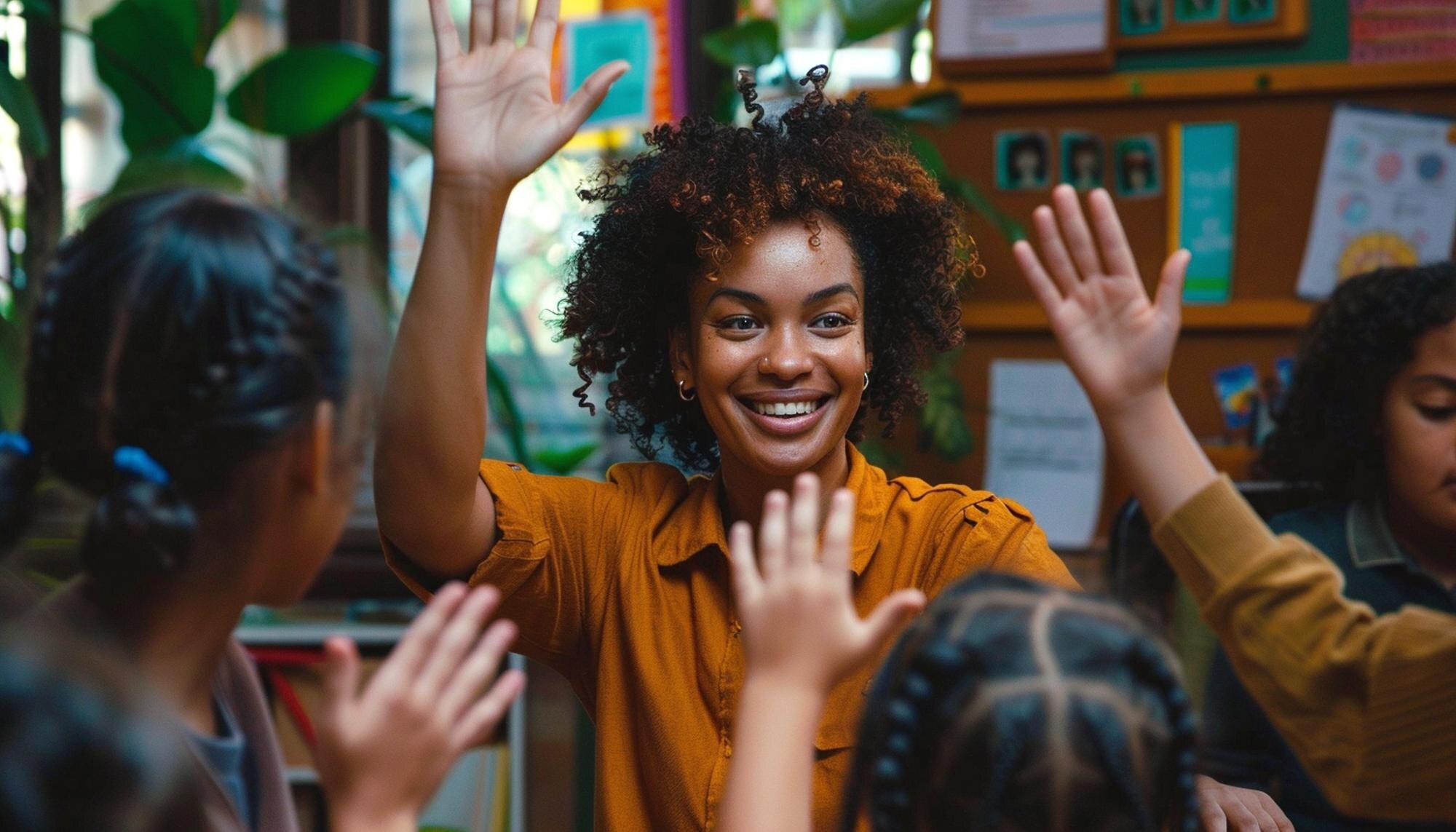
Empowering Gifted Minds: Top Strategies for Educators to Foster Resilience and Confidence
Gifted students often face emotional hurdles that can overshadow their potential. Anxiety, perfectionism, and feeling misunderstood are common struggles. You’re not alone in seeking effective ways to support their journey. In this post, we’ll explore practical educator strategies to nurture resilience and confidence in gifted minds. Imagine empowering these bright individuals to thrive emotionally and mentally. Your guidance can be the key to unlocking their true brilliance. Let’s dive in and discover how you can make a profound impact today. For further insights, you can explore resources like this one.
Supporting Emotional Wellness

Gifted students often hide their struggles beneath high achievement. Educators need to be vigilant in supporting their emotional wellness. This section provides insights into recognizing emotional triggers and creating a supportive environment that nurtures emotional health.
Recognizing Emotional Triggers
Identifying emotional triggers is crucial for supporting gifted students. Emotional triggers can include social pressures, unrealistic expectations, or academic challenges. Understanding these triggers can help educators provide the right support.
Social pressures: Gifted students might feel isolated or misunderstood. They may struggle with fitting in, leading to anxiety or stress.
Unrealistic expectations: The pressure to always excel can lead to fear of failure. Students may become perfectionists, constantly striving for unattainable standards.
Academic challenges: While gifted students excel in many areas, they can still face difficulties. Recognizing these struggles helps in addressing their needs effectively.
For real-world examples, educators can explore Genie Academy’s strategies to understand the nuances of teaching gifted children.
Building a Safe Learning Environment
Creating a safe learning environment is essential for emotional wellness. Safe environments foster trust and openness, allowing students to express themselves without fear. This environment must be inclusive and supportive.
Encourage open communication: Invite students to share their thoughts and feelings. This builds trust and understanding.
Provide a judgment-free zone: Ensure that students can express themselves without criticism. This encourages honest conversations.
Offer consistent support: Be available to listen and guide students through emotional challenges.
Educators can gain insights from the Educational Service Center of Central Ohio on how to address the emotional needs of gifted students effectively.
Educator Strategies for Growth

Fostering growth in gifted students requires specific strategies. This section highlights practical methods such as encouraging positive self-talk and fostering peer support networks.
Encouraging Positive Self-Talk
Positive self-talk is a powerful tool for building confidence in gifted students. It involves changing negative thoughts into affirming ones. This shift can significantly impact a student’s self-esteem and motivation.
Recognize negative patterns: Help students identify when they are being overly critical.
Reframe thoughts: Teach them to replace negative statements with constructive affirmations.
Practice regularly: Encourage daily practice of positive self-talk to reinforce new thinking patterns.
For educators, implementing these strategies can be seen in Edmentum’s classroom strategies.
Fostering Peer Support Networks
Building peer support networks enhances emotional wellness. Peer networks provide students with a sense of belonging and mutual understanding. They allow students to connect with others who share similar experiences.
Create group activities: Facilitate group projects that encourage collaboration and communication.
Encourage peer mentorship: Pair students with mentors who can guide and support them.
Organize peer discussions: Provide platforms for students to share experiences and advice.
Real-world examples show that fostering these networks can significantly improve a student’s emotional health and academic performance.
Developing Resilience and Confidence

Resilience and confidence are essential traits for gifted students. This section focuses on setting realistic goals and celebrating small victories as key components in developing these traits.
Setting Realistic Goals
Realistic goals are pivotal in building resilience. They provide a clear roadmap for students and help manage expectations. Setting achievable goals encourages a sense of accomplishment and progress.
Break down tasks: Divide larger projects into manageable steps.
Set specific, measurable objectives: Ensure goals are clear and trackable.
Regularly review and adjust: Encourage students to reflect on their progress and adjust goals as needed.
For educators, resources like Gifted Challenges’ strategies can provide additional insights on setting effective goals.
Celebrating Small Victories
Celebrating small victories reinforces resilience and boosts confidence. Acknowledging achievements helps students recognize their progress and motivates them to continue striving. Recognizing these wins is important for maintaining momentum.
Acknowledge effort: Celebrate not just the outcome, but the effort and dedication involved.
Provide positive feedback: Offer constructive praise to reinforce good practices.
Encourage self-reflection: Guide students to recognize their own achievements and growth.
Educators can learn more about fostering resilience by exploring resources on building resilience.
🎓✨

A certified Heal Your Life® Coach with 20+ years in education and emotional development. Supports gifted teens in navigating anxiety, perfectionism, and identity challenges, while equipping parents with practical tools for lasting transformation. Sessions blend emotional healing, mindset mastery, and strategic empowerment.



